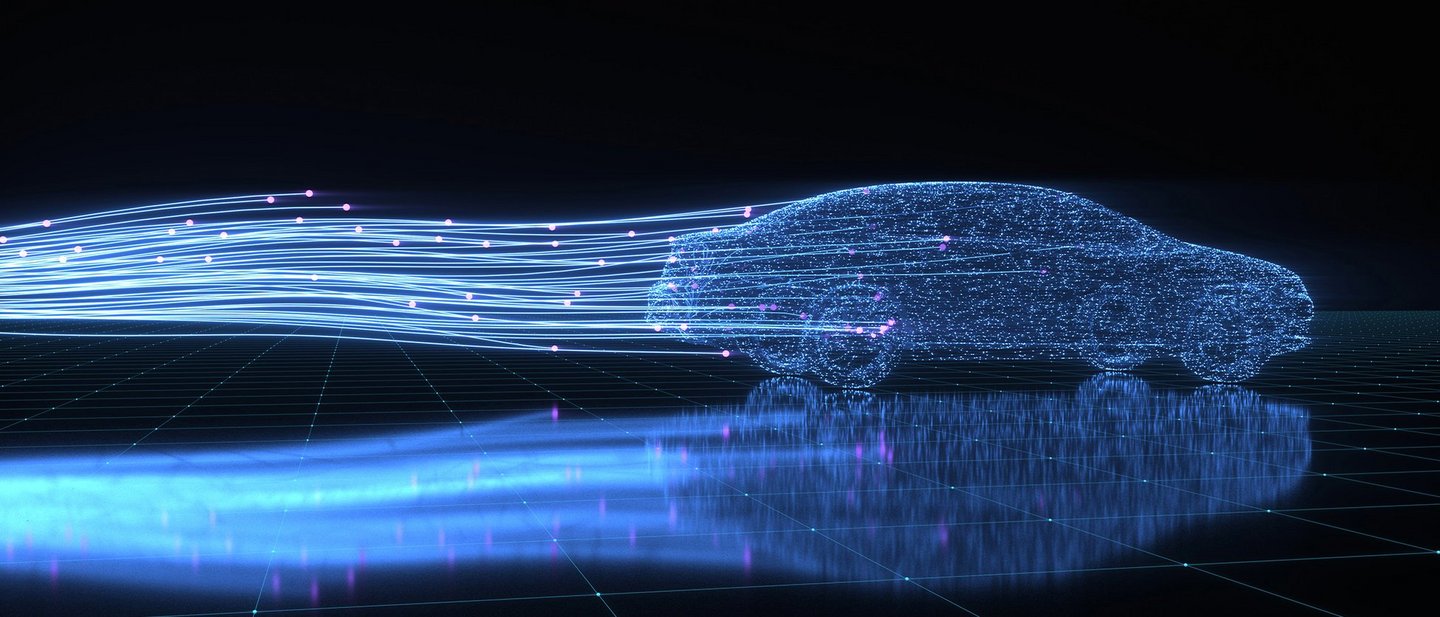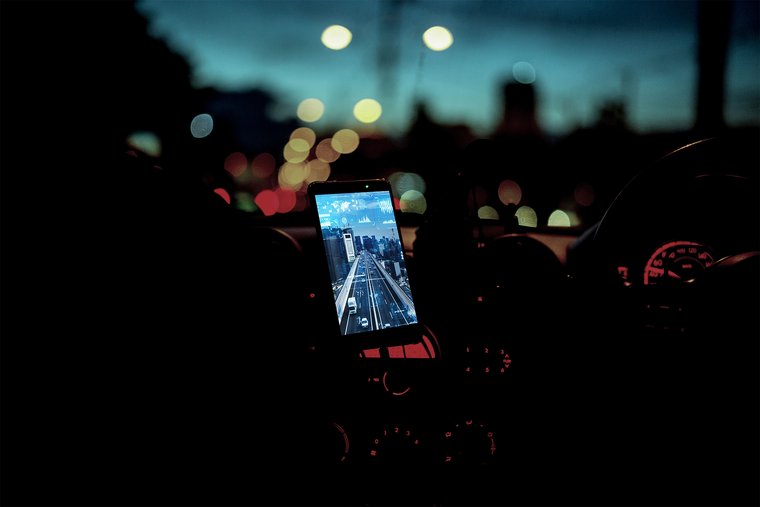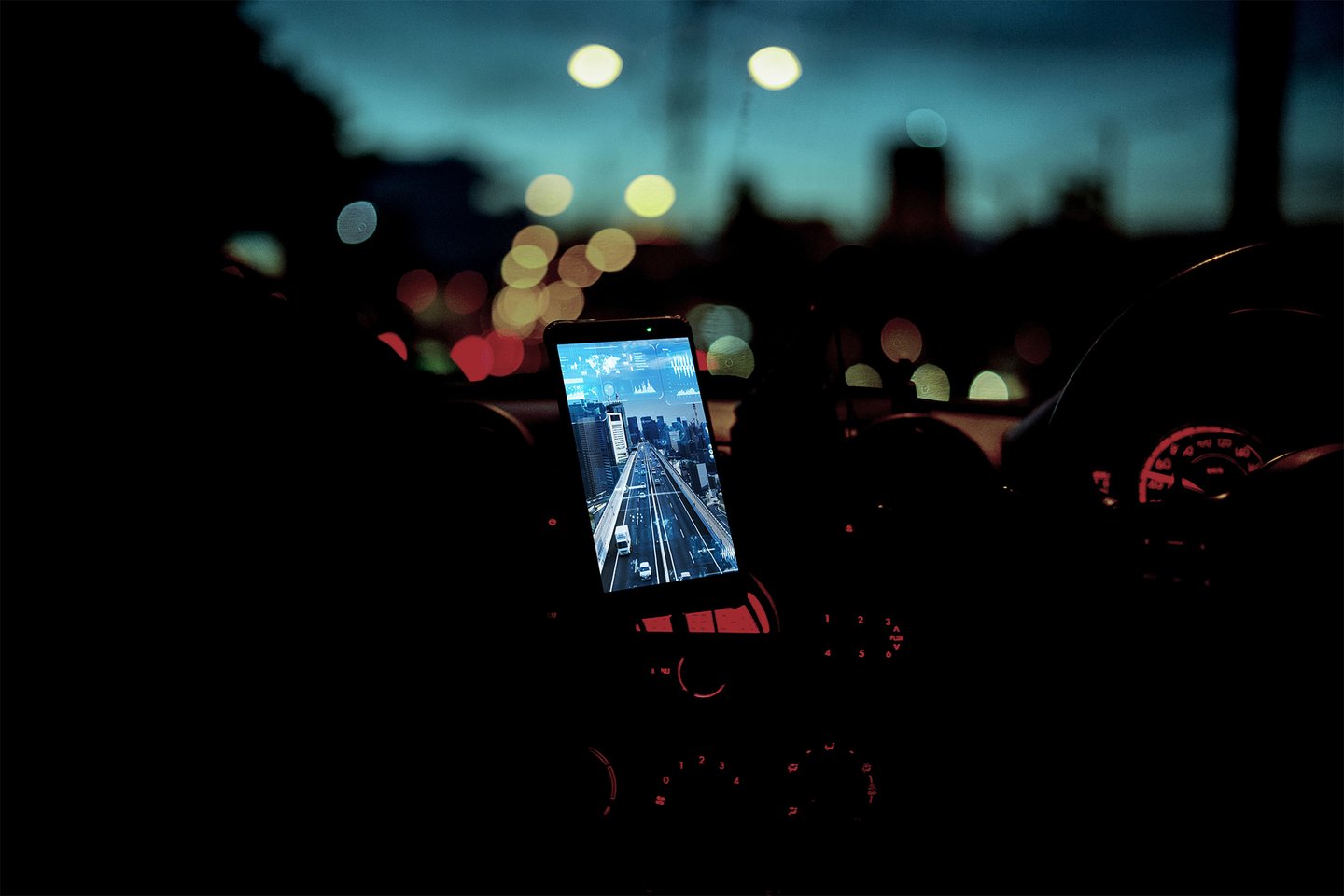Cars have gone from standalone devices with limited electronics to fully connected vehicles, with systems integrated with Bluetooth, Wi-Fi and cellular connectivity. Smartphones are an integral part of the automotive experience, while entertainment, navigation, and engine functions can now self-report their diagnostic status to cloud-based operators.
Manfred Broy, a professor of informatics at Technical University, Munich, has estimated that connected cars contain close to 100 million lines of code – more than a commercial aircraft, a fighter jet and Facebook combined. Add over 30,000 component parts, up to 100 electronic control units (ECUs), and around 25GB of data created every hour, and it’s clear that connected cars will need securing, patching and updating regularly.





